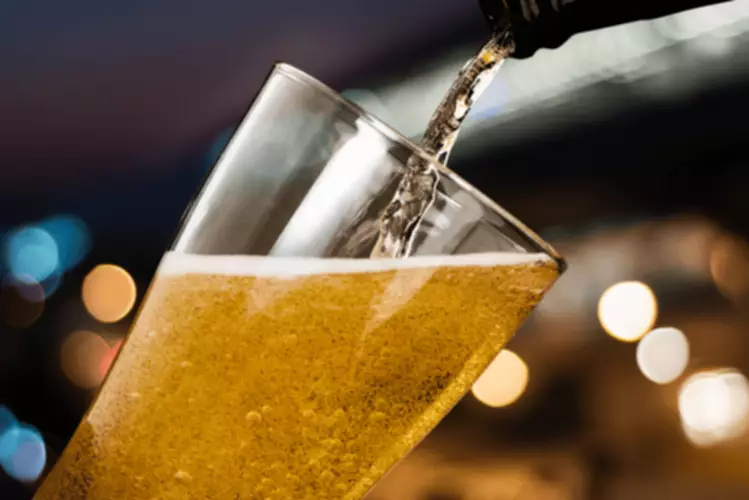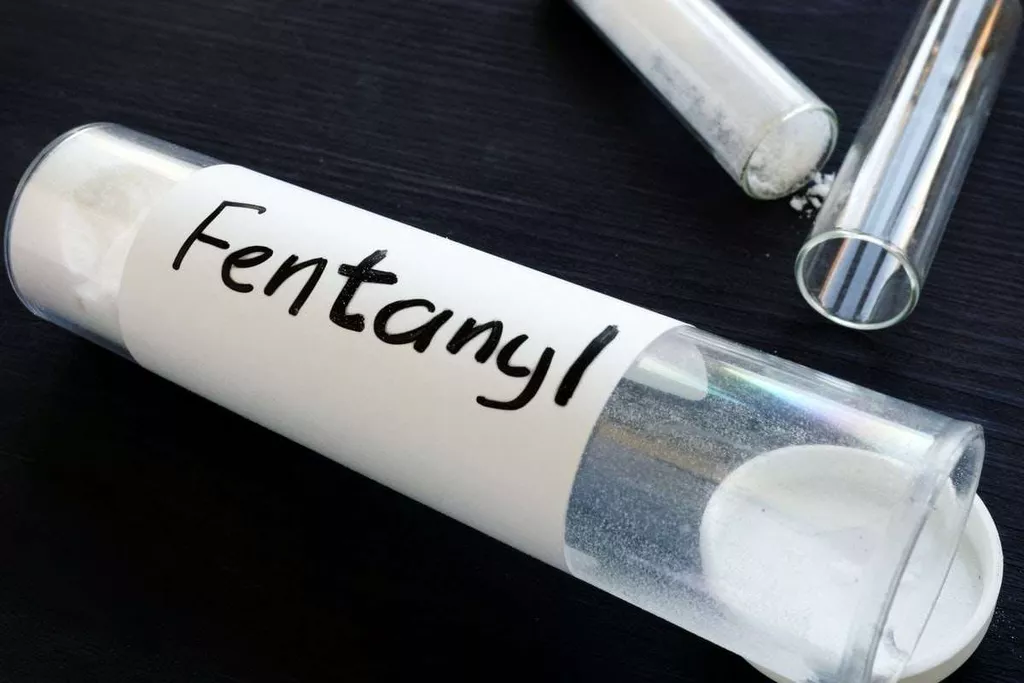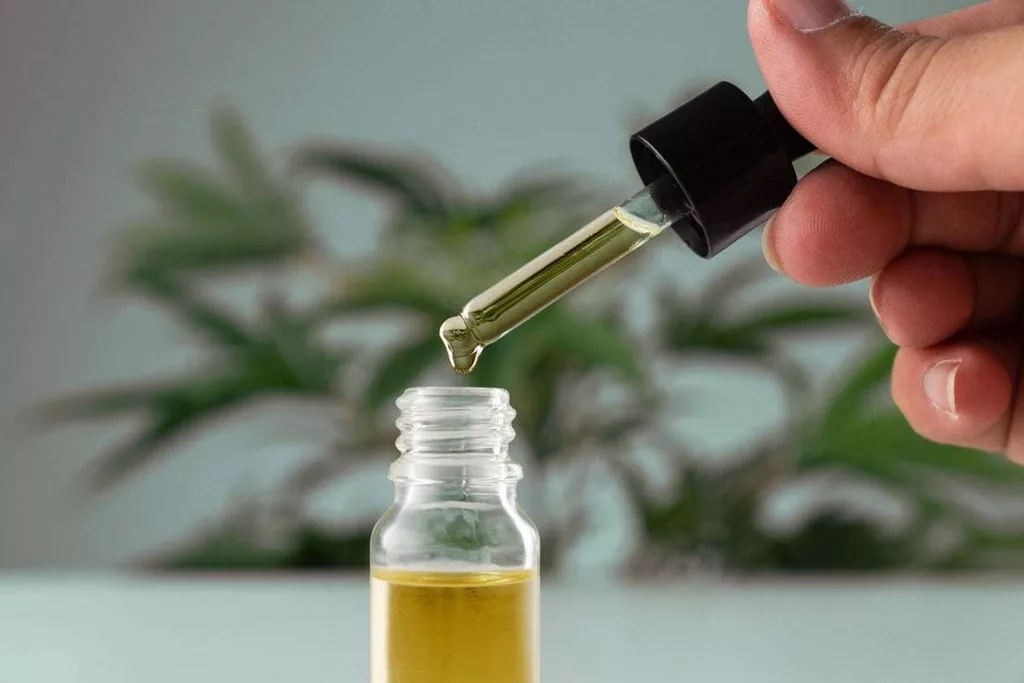
Addiction isn’t a disease that can be overcome in weeks or months. They recognize that they can’t have one drink or let their guard down https://ecosoberhouse.com/article/relation-between-alcohol-and-dementia/ for a single day. They’re constantly practicing coping skills, stress-relief techniques and healthy habits.
Learn and Practice Healthy Coping Skills and Preventative Tools

It’s possible your emotions are the result of post-acute withdrawal syndrome (PAWS). Listen, if you thought getting sober was tough the first time, just wait until you have to try again after an extended period of sobriety. The good news is that you don’t necessarily have to be one of them. The even better news is that even if, like me, you’ve already had a relapse, it doesn’t mean you have to go through one again. But being kind and compassionate to yourself is much more helpful.
- Located on the historic peninsula of Charleston, South Carolina, Lantana Recovery takes a modern approach to Substance Use Disorder treatment, offering intensive clinical care while also immersing our clients in local Charleston culture.
- Clinical experience has shown that occasional thoughts of using need to be normalized in therapy.
- Treatment for addiction can help clients work through a relapse and begin taking active steps to change their behavior.
- Many people find that sharing their experiences with others who understand their struggles, such as a relapse, helps them stay motivated.
- It’s diving back into the lifestyle you spent so much hard work escaping.
Warning signs you might be headed for a relapse

It could also be that you think you’ve got this “problem” beat and can start Alcohol Relapse drinking moderately. Whatever the case, this is something you need to deal with, and FAST. Rely on your support systems, and don’t try to white-knuckle your way through it.
- Developing an Effective Action Plan requires valuable insights that go beyond the basic steps of planning.
- Long-term outpatient programs and aftercare plans sustain recovery through regular therapy sessions, medication management, and check-ins.
- The growth stage is about developing skills that individuals may have never learned and that predisposed them to addiction 1,2.
- If you don’t get help during emotional relapse, it could progress to mental relapse.
Severity of Addiction
You may also put yourself under another kind of harm-reductive model when working toward sobriety by reducing severity or frequency of use. For instance, you might switch from hard alcohol to beer with lower alcohol content or maybe reduce your drinking from six days a week to two. While no path in recovery is a straight line, a person in recovery actively attempts abstinence, harm-reduction education, and application of said education. While they may seem like two simple and very similar words, there is a significant difference between being sober and being in recovery. In short, being sober simply means not using alcohol or other substances but not necessarily recovered in other ways. Call our alcohol detox hotline 24/7 at to speak with one of our admissions navigators and start your path toward recovery today.
Five Facts About Helping Your Loved One Create a Relapse Prevention Plan: A Family-Centered Approach:

Sticking with treatment for the entire length of the program is important, too. Research supports a correlation between longer lengths of time in treatment and improved treatment outcomes.8 Adequate lengths of treatment may help to ensure that the full range of a patient’s unique alcoholism problems and needs are addressed. Xenia Ellenbogen (she/they) is a journalist specializing in health, mental health, and wellness.
